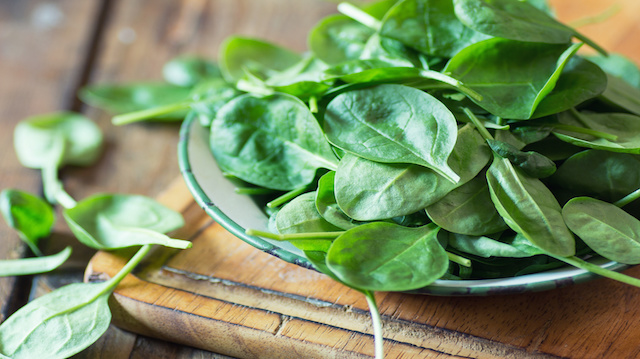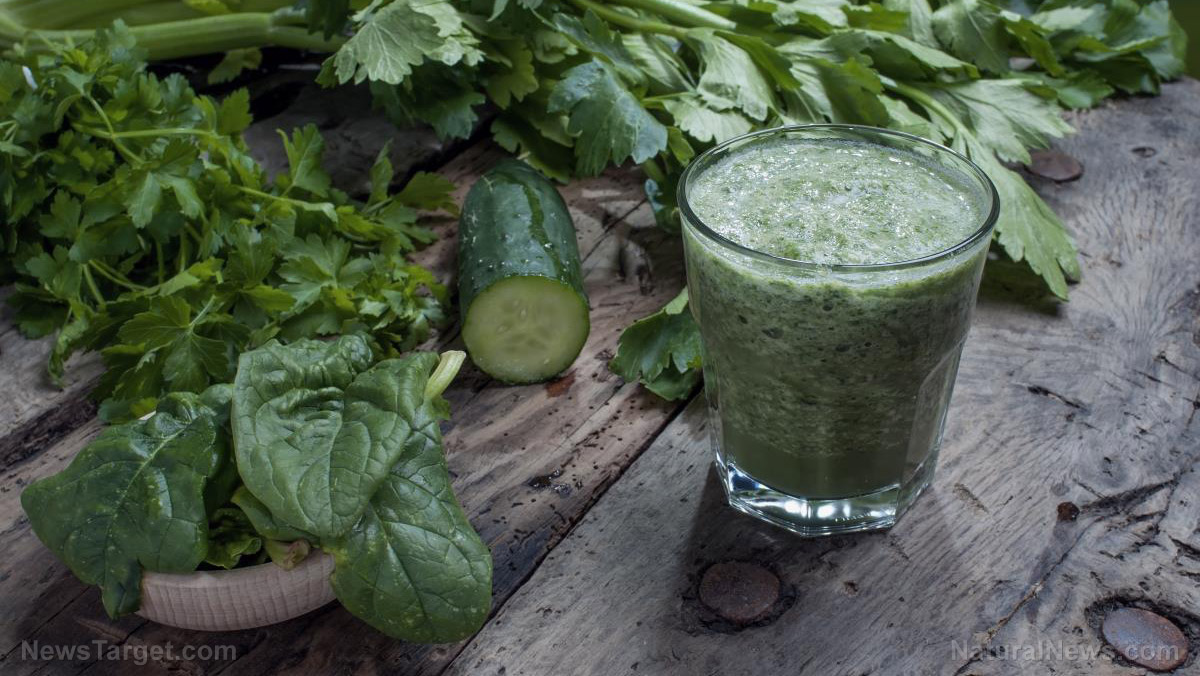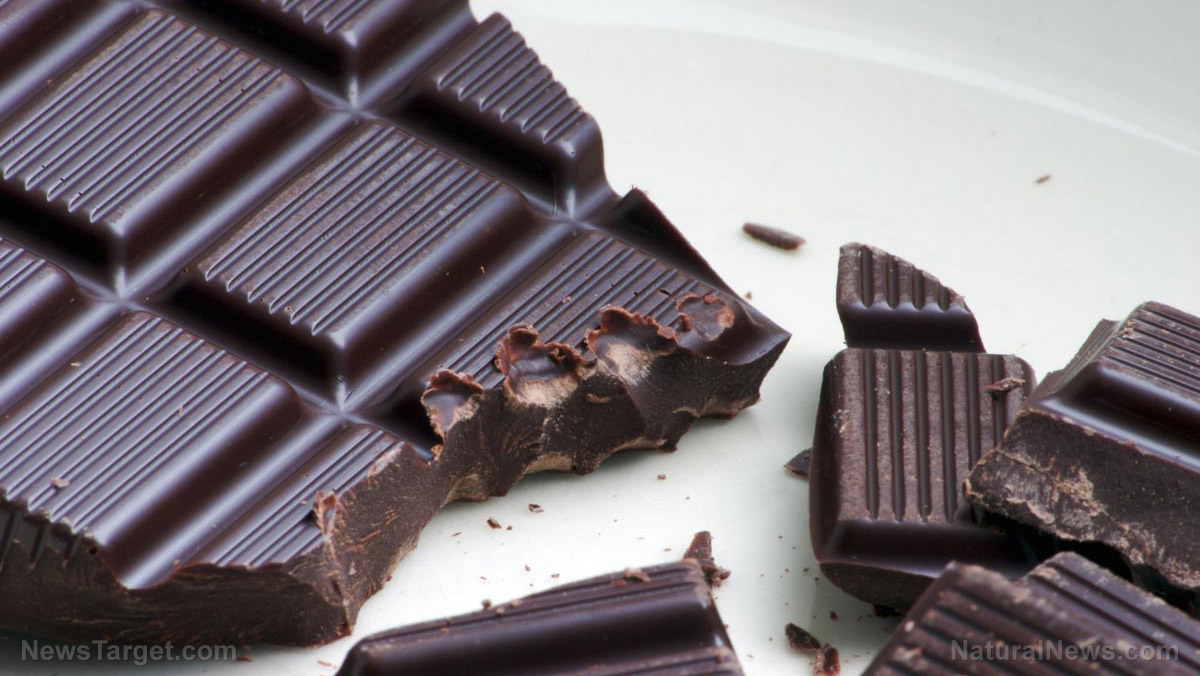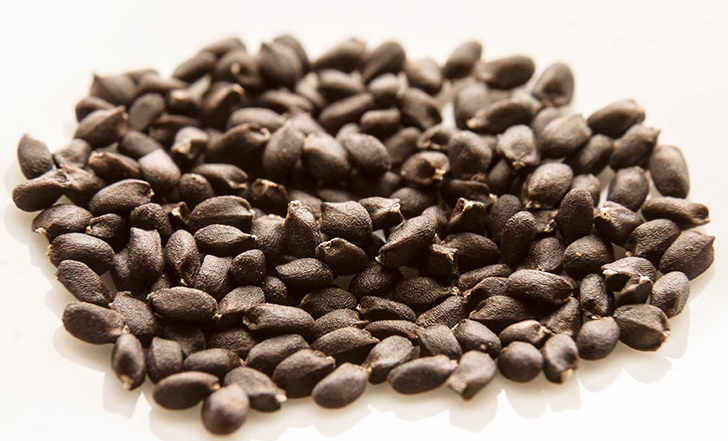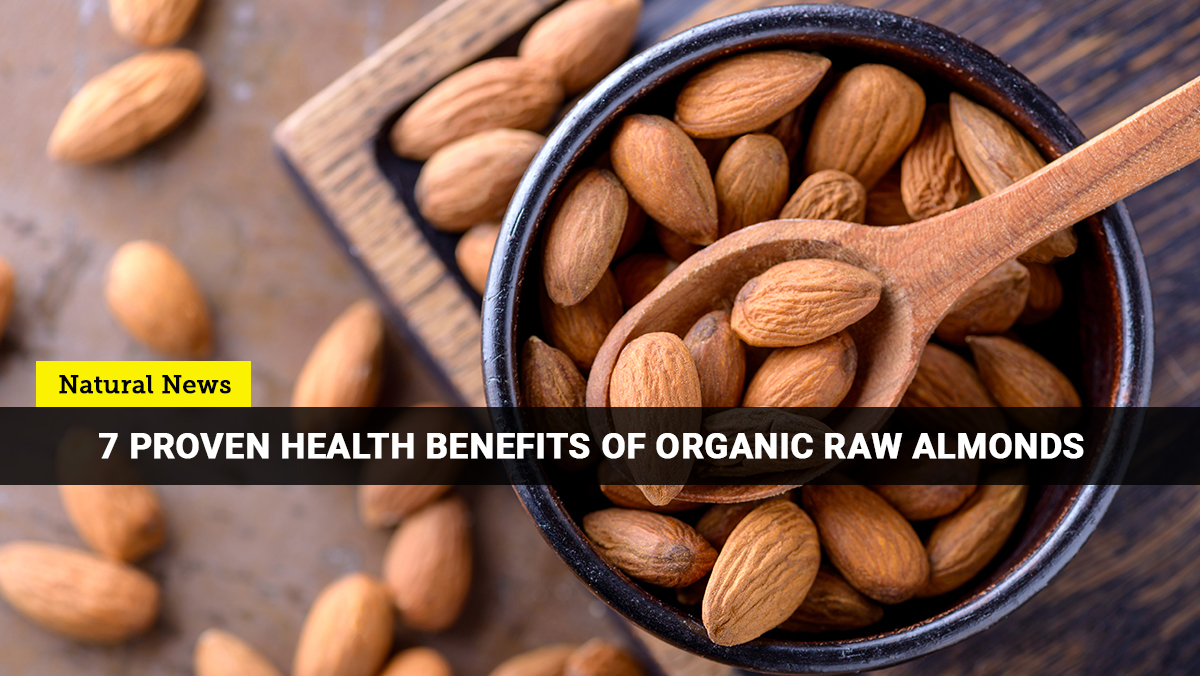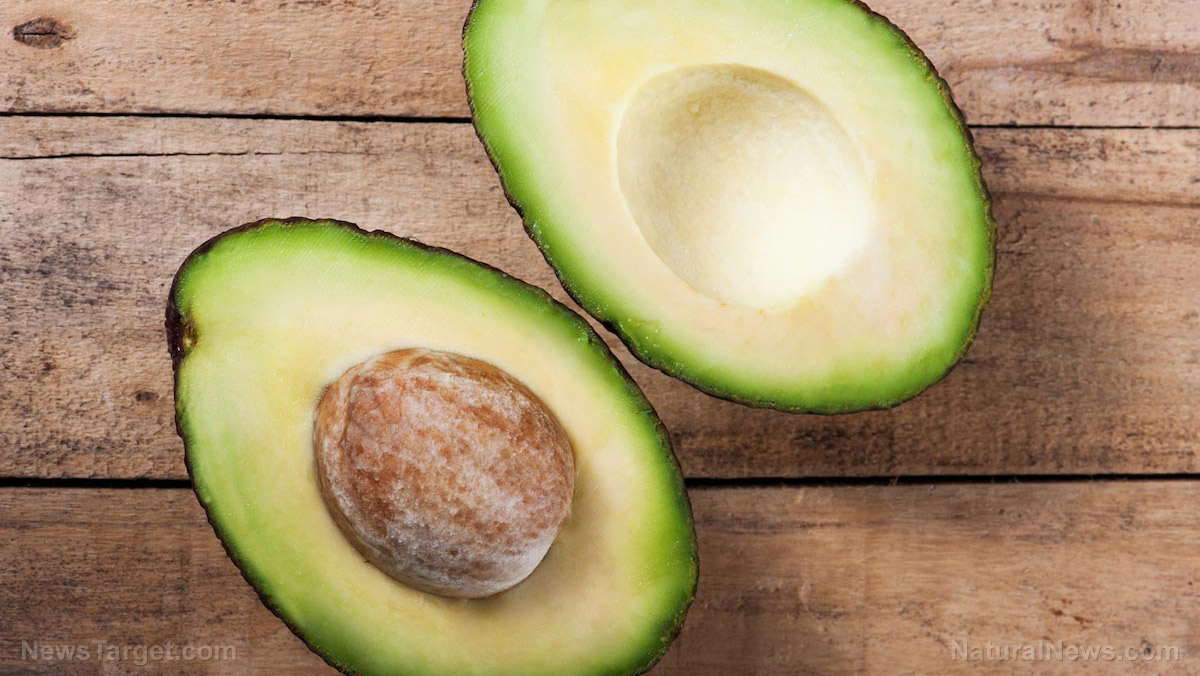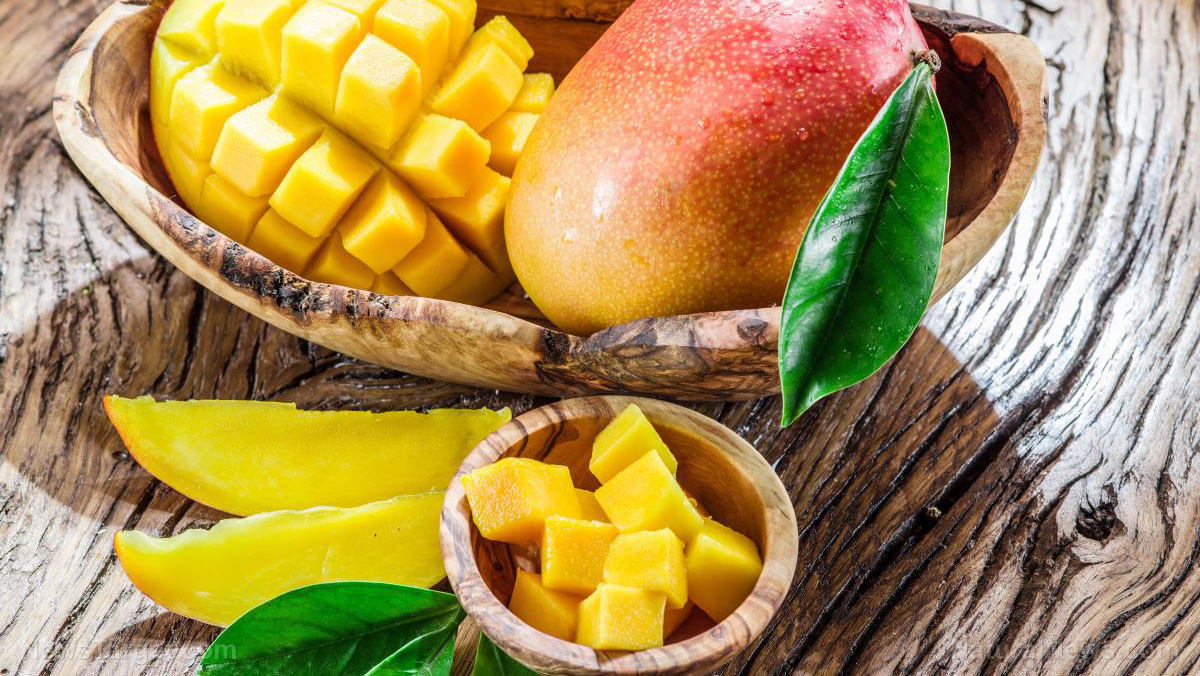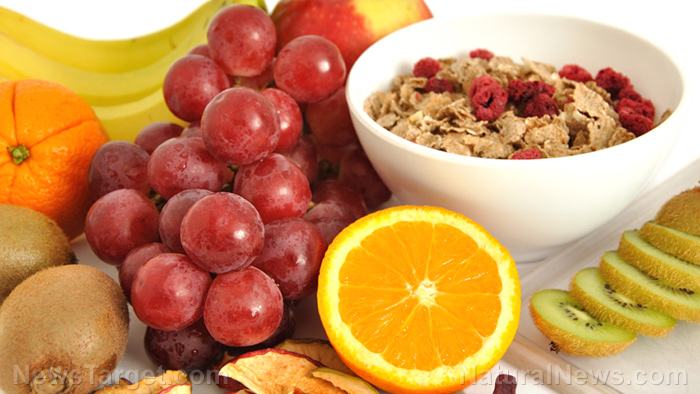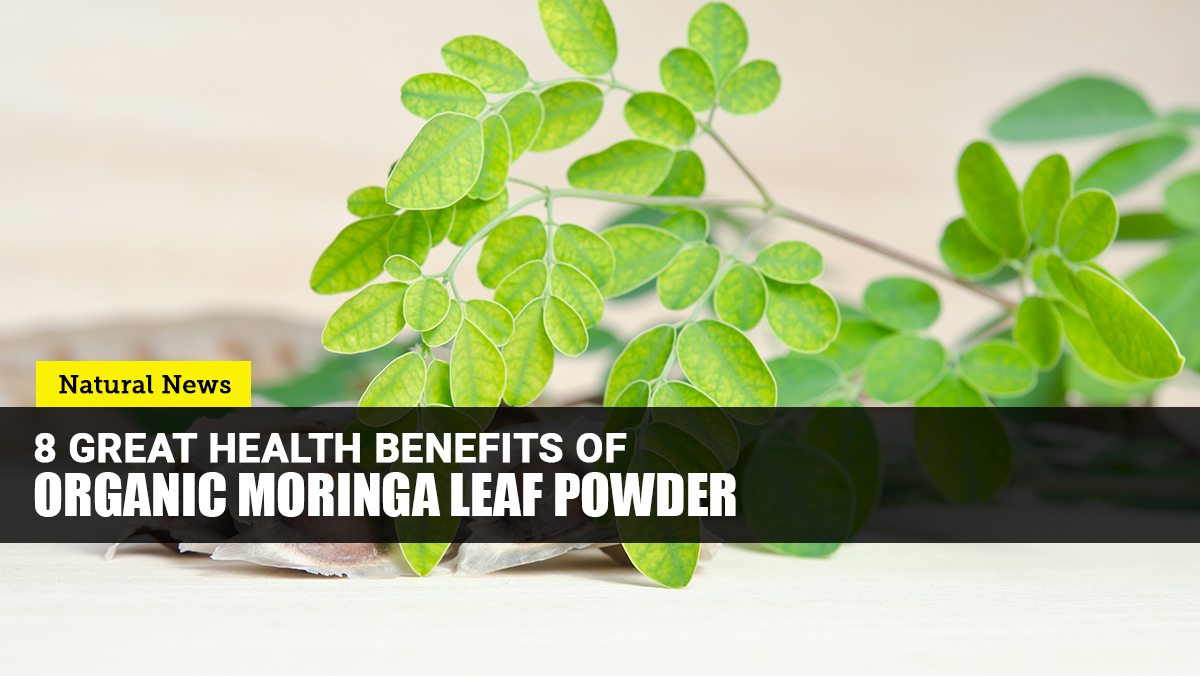Kudingcha polyphenols may help prevent colitis
08/20/2019 / By Melissa Smith

Researchers from Chongqing University of Education in China looked at the ability of kudingcha to protect against ulcerative colitis, an inflammatory bowel disease. The team published their findings in the journal Food Science and Human Wellness.
- Standard treatment for ulcerative colitis can cause side effects after long-term use, so the researchers aimed to look for functional food that can treat the condition without side effects.
- For the study, the researchers examined five groups of mice: a normal group, model group, sulfasalazine group, low-concentration kudingcha polyphenol group, and high-concentration kudingcha polyphenol group.
- The normal and model groups were normally fed and did not receive any treatment.
- The remaining groups received sulfasalazine, low-concentration kudingcha polyphenols, and high-concentration kudingcha polyphenols, respectively, and were treated with lavage to induce colitis.
- Plant polyphenols are active ingredients that can scavenge harmful free radicals, thus inhibiting inflammation.
- The results showed that treatment with kudingcha polyphenols reduced colitis and inhibited the shortening of the colon caused by colitis.
- In addition, it improved the colon weight/length ratio of mice.
- It also significantly reduced the levels of oxidative stress and increased antioxidant activities in mice colon tissues with colitis.
- These results suggested that treatment with kudingcha polyphenols can effectively prevent colitis and can be used as the raw material for functional food.
Taken together, the researchers concluded that the consumption of kudingcha may help treat and prevent colitis because of its polyphenols that have powerful antioxidant activities.
Read the full text of the study at this link.
Learn more on natural treatments for colitis like kudingcha at Superfoods.news.
Journal Reference:
Long X, Pan Y, Zhao X. PROPHYLACTIC EFFECT OF KUDINGCHA POLYPHENOLS ON OXAZOLONE INDUCED COLITIS THROUGH ITS ANTIOXIDANT CAPACITIES. Food Science and Human Wellness. September 2018; 7(3): 209-214. DOI: 10.1016/j.fshw.2018.06.002
Tagged Under:
RECENT NEWS & ARTICLES
COPYRIGHT © 2017 SUPERFOODS NEWS


